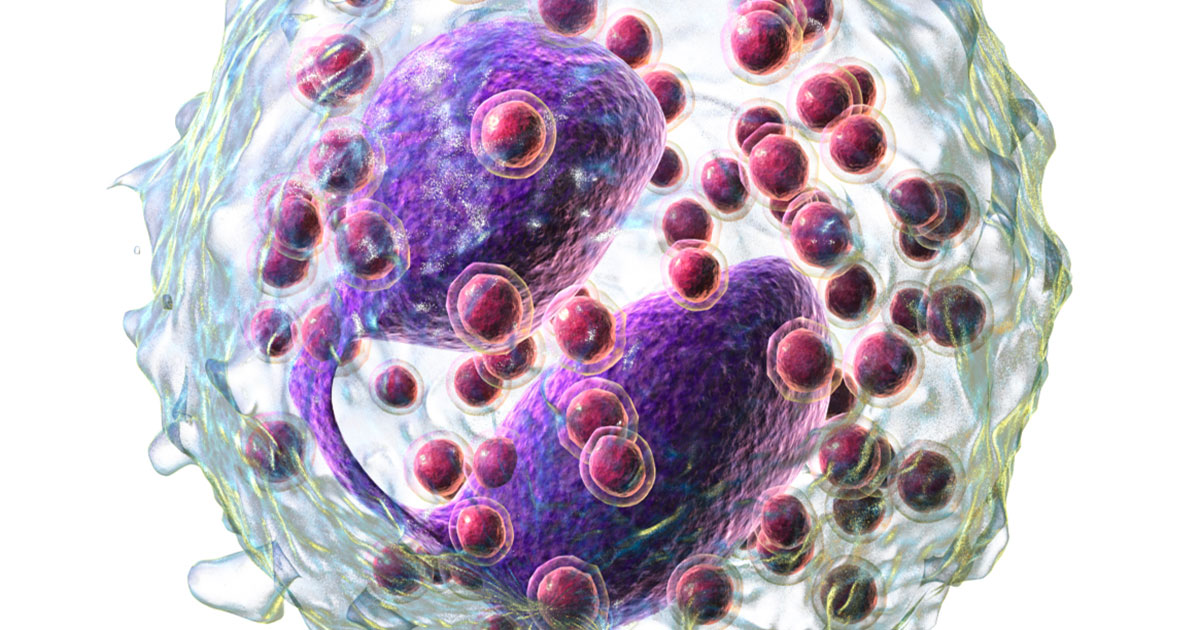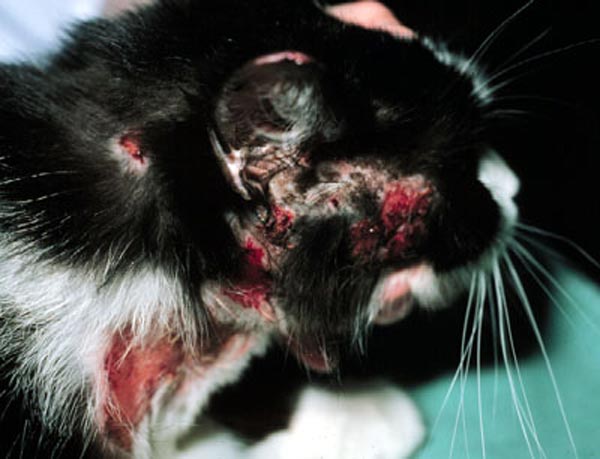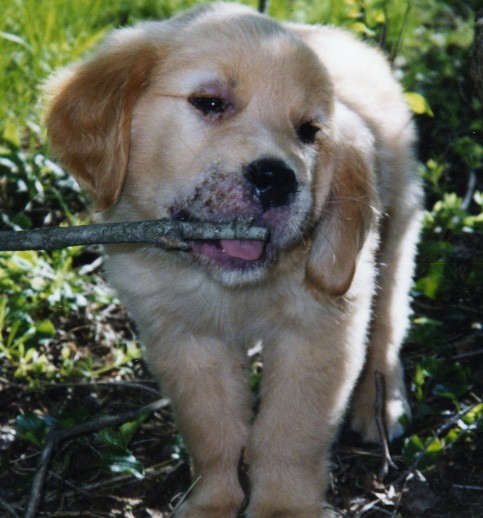Tag: allergies
-

Eosinophils: worms, wheezes, and weird diseases
—
by
Unless you’re a parasitic nematode (and I suspect the majority of you reading this aren’t) or suffer from an allergy (probably a bit more likely), it’s hard not to be a little bit excited when you see an eosinophil. Just like their brothers-in-arms, the neutrophils, eosinophils are part of the front-line defences of the immune…
-

Immunotherapy in cats
—
by
Although “off-licence”, immunotherapy is well worth considering in our pruritic feline friends. Of course we need to rule out all other causes of pruritus first: Ectoparasites: As well as all the usual suspects, don’t forget Demodex can occasionally cause ventral alopecia and pruritus (that’s the funny flat form, not the cigar shaped one). Food allergies:…
-

Best in bred
—
by
My blogging career has been kind to me. As well as being invited to express my opinions, for what they are worth, on this website twice a month, I receive intermittent offers to write blogs for companies or to cover pet-based events. One such offer could have seen me furnished with free tickets to Crufts…
-
Oh, how we laughed
—
by
I’ve noted a growing trend for veterinary staff to laugh at client mistakes. While this can sometimes take the stress out of a hectic day, it can grow to become an attitude that shows when dealing with clients – and let’s face it, people are usually laughing at the simple errors clients make because they…
-

Puppy pyoderma / cellulitis
—
by
Puppy pyoderma (also known as juvenile cellulitis) typically occurs between three weeks to four months of age, in any breed of puppy. It is characterised by an acute swelling of the face, especially the lips, eyelids, chin and muzzle. It can be confused with an allergic reaction (e.g. a bee sting or vaccination reaction) and can…
-
Don’t forget allergen-specific immunotherapy in cats
—
by
Allergen-specific immunotherapy (ASIT) can be a useful tool in cats. I see a number of cats that, following parasite elimination and control – plus no response to dietary trial – remain pruritic. We use serological testing via our commercial laboratory and then order in the ASIT vial(s) according to the results. Although the efficacy of ASIT is…